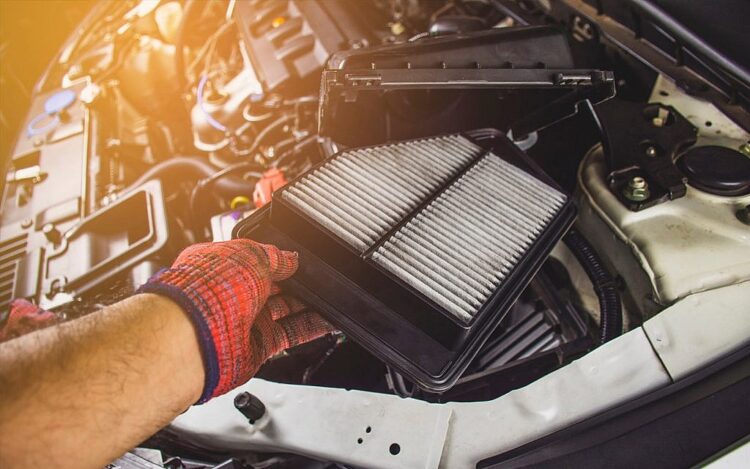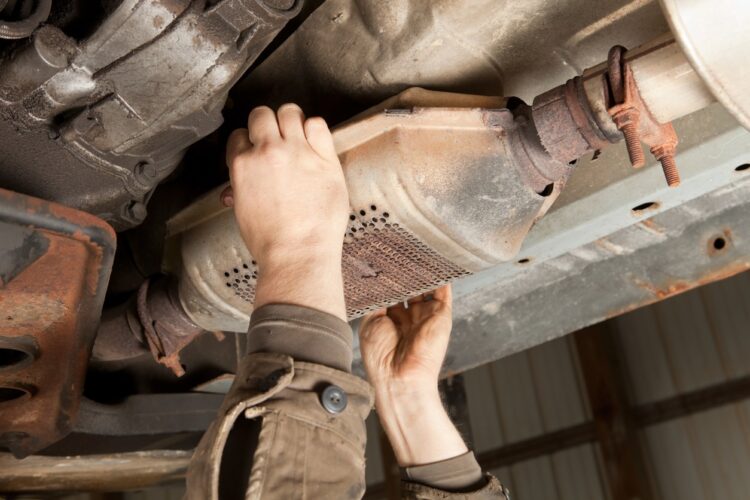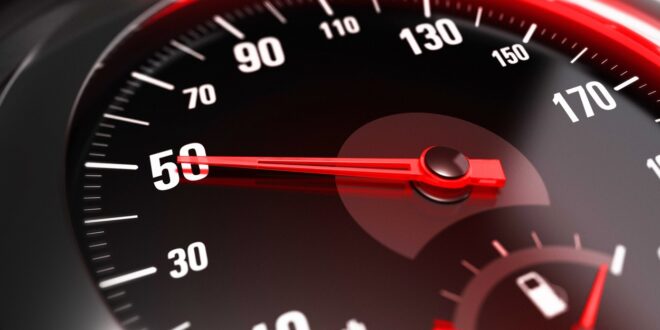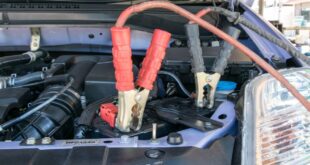If your car doesn’t seem to be putting in much power when accelerating, knowing about the potential causes of this issue could really help. Luckily, today’s handy guide has outlined everything you need to know about sluggish acceleration, including the common causes and how you can avoid this when buying a new car.
A car check provides a huge amount of information relating to a vehicle, including past MOT history, mileage records, and the like. All the below factors can help you determine whether a car is at higher risk of displaying the problems we’ve outlined today.
Common Causes of Sluggish Acceleration

Sluggish acceleration can be caused by a myriad of issues. These are usually to do with the engine or the fuel systems; of course, it’s still worth remembering that different makes of cars will also have very different acceleration. Still, if you notice your vehicle seems to be accelerating more poorly than it ought to for its model, the following issues may be a cause.
Clogged Filters
One of the main causes of sluggish acceleration is clogged filters, including the air and fuel filters. Clogged filters can prevent air or fuel from getting to the engine, which in turn can lead to very sluggish acceleration, indeed.
Faulty Sensors
Air flow sensors are highly sensitive, but if these become defective, they can cause issues with air and oxygen supply to the system. Indeed, air flow is highly important for good acceleration, and your car automatically balances air flow with fuel supply. As such, if the air sensors are defective, this can lead to the wrong amount of fuel being supplier to the engine – in turn preventing your car from accelerating properly.
Clogged Catalytic Converter

Catalytic converters play a vital role in acceleration – but, if you notice a lot of black smoke when you attempt to accelerate, this could be a sign that the converter isn’t working efficiently. In line with this, if you’ve noticed poor performance in your vehicle, be sure to get the catalytic converter checked to see whether this might be causing the issues.
Usually, catalytic converters will last for around ten years, so if you have an older car that’s never had this replaced, it could be something that needs replacing. Of course, this
Fuel Pump Issues
If your fuel pump isn’t running efficiently, the amount of fuel that’s supplied to the injectors could be impacted. In turn, this could have a significant impact on the performance of your vehicle while accelerating – or potentially even result in the car stalling due to an insufficient power flow.
Buying a Worn-Down Car
At the end of the day, sluggish acceleration is most often due to a fault with the vehicle itself – and this presents a challenge when buying a new car. Especially if you’ve purchased unseen, there’s a good chance you may not realise the car’s slow to accelerate until it’s too late. But there are ways you can avoid this – and getting a car history check is one of the best options here.
Don’t chance it. Always take the time to check your car purchase thoroughly to ensure you’re buying a safe, genuine vehicle. It might just save you thousands!
 Hi Boox Popular Magazine 2024
Hi Boox Popular Magazine 2024



